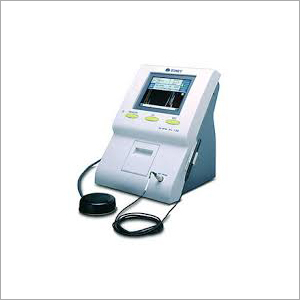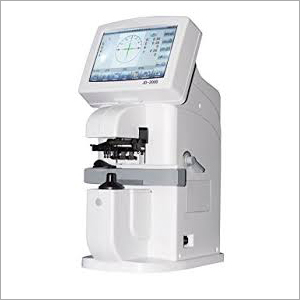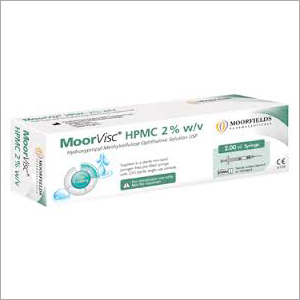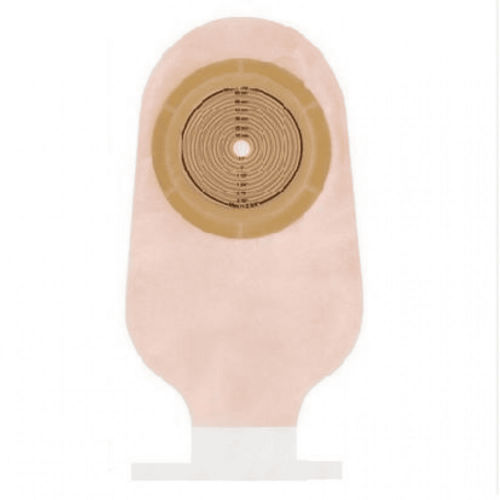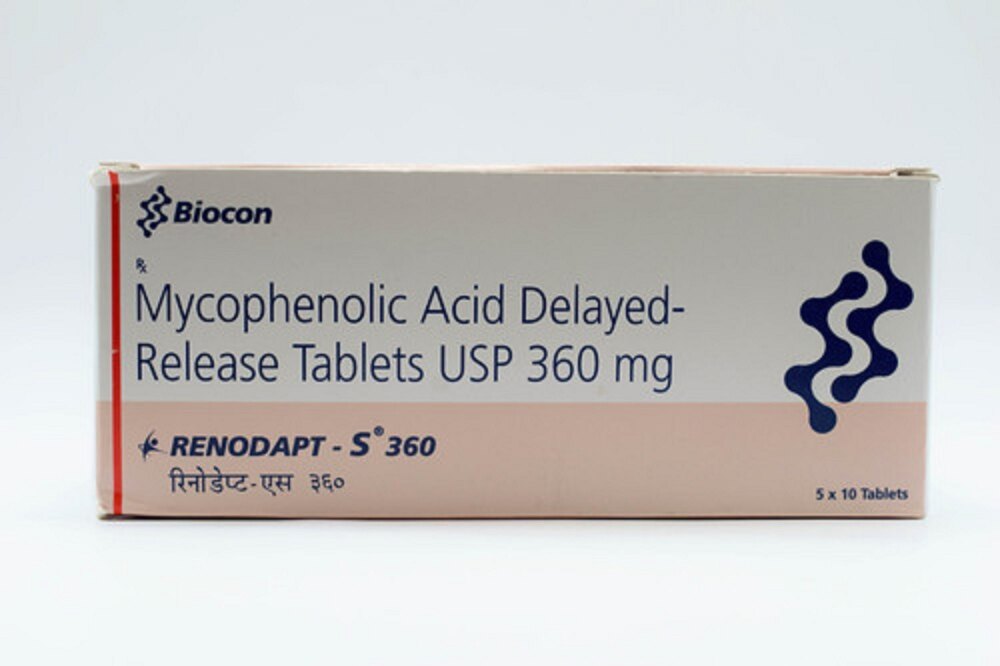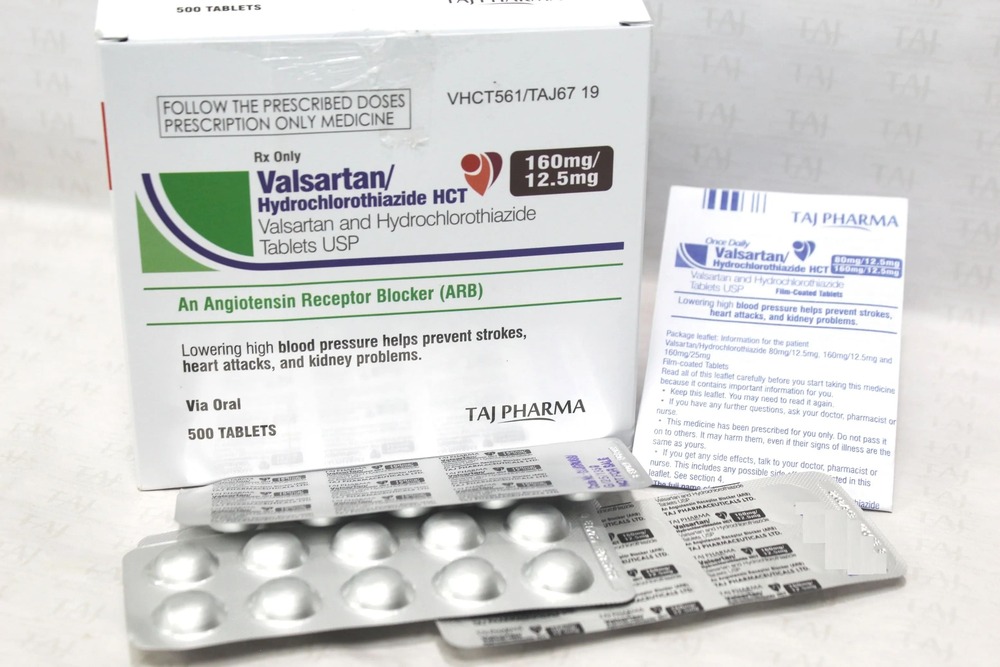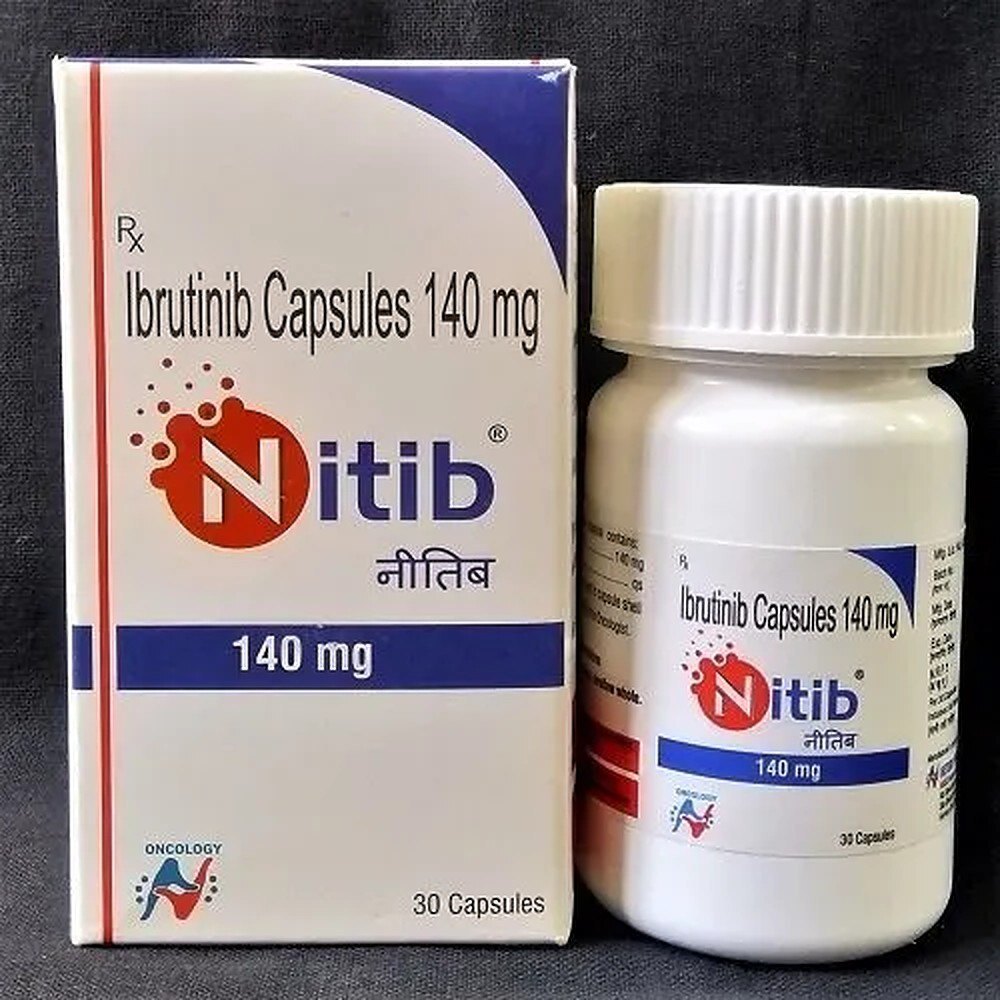|
Valsartan Tablets USP 160mg
Valsartan Tablets USP 160mg Trade Information
- Minimum Order Quantity
- 100 Packs
- FOB Port
- AHMEDABAD
- Payment Terms
- Paypal, Cash Advance (CA), Cash in Advance (CID), Letter of Credit at Sight (Sight L/C), Letter of Credit (L/C)
- Delivery Time
- 3 Days
- Sample Policy
- Sample costs shipping and taxes has to be paid by the buyer
- Packaging Details
- Box
- Main Export Market(s)
- Asia, Australia, Central America, North America, South America, Eastern Europe, Western Europe, Middle East, Africa
- Main Domestic Market
- All India
About Valsartan Tablets USP 160mg
Valsartan Tablets USP 160 mg is a medication primarily used to treat high blood pressure (hypertension) and heart failure. It is also used after a heart attack to improve survival rates. Valsartan belongs to a class of medications called angiotensin II receptor blockers (ARBs).
What is Valsartan?
- Class: Angiotensin II Receptor Blocker (ARB)
- Mechanism of Action: Valsartan works by blocking the action of angiotensin II, a hormone that can constrict blood vessels, causing them to narrow. By blocking its action, valsartan helps relax blood vessels, lowering blood pressure and making it easier for the heart to pump blood.
Common Uses:
-
Hypertension (High Blood Pressure): Valsartan is commonly prescribed to treat high blood pressure. By lowering blood pressure, valsartan helps reduce the risk of stroke, heart attack, and kidney problems.
-
Heart Failure: Valsartan helps to improve the heart™s pumping efficiency in patients with heart failure, where the heart struggles to pump enough blood to meet the body's needs.
-
Post-Heart Attack: After a heart attack, valsartan is used to reduce the risk of complications and improve survival rates by improving heart function and preventing further damage.
-
Chronic Kidney Disease: In some cases, valsartan may be prescribed to help protect the kidneys, particularly in people with diabetes or other conditions that can affect kidney function.
Dosage and Administration:
-
Typical Dose:
- For hypertension: The usual starting dose for adults is typically 80 mg to 160 mg once daily. The dose may be increased based on the individual's response and blood pressure goals, up to a maximum dose of 320 mg per day.
- For heart failure: The typical starting dose is 40 mg to 80 mg once daily, and it may be gradually increased based on response and tolerance.
- Post-heart attack: The starting dose is usually 20 mg to 40 mg once daily, with gradual increases to optimize the dose.
-
Administration:
- Take valsartan once a day, with or without food. It is usually recommended to take it at the same time each day to help remember your dose.
- Swallow the tablets whole with water. Do not crush or chew the tablets.
Possible Side Effects:
While valsartan is generally well-tolerated, some side effects can occur. Common side effects include:
- Dizziness or lightheadedness, especially when standing up quickly (due to low blood pressure)
- Fatigue or feeling unusually tired
- Headache
- Stomach pain, nausea, or diarrhea
Serious but less common side effects may include:
- Hyperkalemia (high potassium levels): Elevated potassium levels can cause muscle weakness, slow heart rate, and irregular heartbeats.
- Low blood pressure (hypotension): Symptoms of low blood pressure include dizziness, fainting, or feeling lightheaded, especially when standing up.
- Kidney problems: Valsartan can affect kidney function, so your doctor may monitor your kidney function during treatment.
- Angioedema (swelling of the face, lips, or throat): Though rare, this can be a severe allergic reaction, and you should seek immediate medical help if you experience it.
- Liver problems: Signs of liver issues may include yellowing of the skin or eyes (jaundice), dark urine, or persistent nausea and vomiting.
Precautions:
-
Kidney Function: Valsartan can affect kidney function, particularly in people with pre-existing kidney disease or in those who are taking other medications that affect the kidneys. Regular monitoring of kidney function is recommended during treatment.
-
High Potassium Levels (Hyperkalemia): Valsartan can cause potassium levels to rise, which can lead to serious complications. Your healthcare provider may check your potassium levels periodically.
-
Low Blood Pressure (Hypotension): If you are dehydrated or have low blood pressure, valsartan may cause a further drop in blood pressure. It™s important to maintain adequate hydration and avoid sudden changes in posture, like standing up quickly.
-
Pregnancy and Breastfeeding: Valsartan is not recommended during pregnancy, especially in the second and third trimesters, as it can harm the fetus. It is also advised to avoid valsartan while breastfeeding. Always consult with your doctor if you are pregnant, plan to become pregnant, or are breastfeeding.
-
Allergic Reactions: If you experience any signs of an allergic reaction, such as difficulty breathing, swelling of the face, lips, tongue, or throat, or severe dizziness, seek immediate medical attention.
-
Elderly: Older adults may be more sensitive to the effects of valsartan, especially regarding kidney function and blood pressure. Your doctor will monitor these parameters during treatment.
Drug Interactions:
- Other blood pressure medications: Combining valsartan with other blood pressure-lowering medications, such as ACE inhibitors or diuretics, may cause too large a drop in blood pressure. Your doctor will adjust the doses accordingly.
- Potassium supplements or potassium-sparing diuretics: Since valsartan can increase potassium levels, combining it with potassium supplements or potassium-sparing diuretics (like spironolactone) should be done with caution.
- Lithium: Valsartan may increase lithium levels in the blood, leading to potential toxicity. Your doctor may need to monitor lithium levels if you're taking both medications.
- NSAIDs (Nonsteroidal Anti-Inflammatory Drugs): Taking NSAIDs (like ibuprofen) with valsartan may increase the risk of kidney problems and reduce the effectiveness of valsartan.
Lifestyle Considerations:
- Monitor Your Blood Pressure: If you are taking valsartan to control blood pressure, regularly monitor your blood pressure at home as instructed by your healthcare provider to ensure the medication is working effectively.
- Avoid Salt Substitutes: Some salt substitutes contain potassium, which can interact with valsartan and increase the risk of hyperkalemia (high potassium levels).
- Hydration: Stay hydrated, especially if you are on a diuretic or if you experience dizziness. If you become dehydrated, valsartan may cause your blood pressure to drop too low.
Important Notes:
- Missed Dose: If you miss a dose, take it as soon as you remember, unless it™s almost time for your next dose. In that case, skip the missed dose and continue with your regular dosing schedule. Do not take two doses at once.
- Consistency: Take valsartan at the same time every day for the best results. It is typically a long-term treatment, so consistency is key in managing your condition.
Conclusion:
Valsartan 160 mg Tablets are a vital part of managing conditions like hypertension, heart failure, and post-heart attack care. As with all medications, it is important to follow your doctor's instructions carefully and to have regular check-ups to monitor your condition. Valsartan can significantly improve quality of life when used as prescribed, but it requires careful attention to dosing, monitoring, and potential side effects.
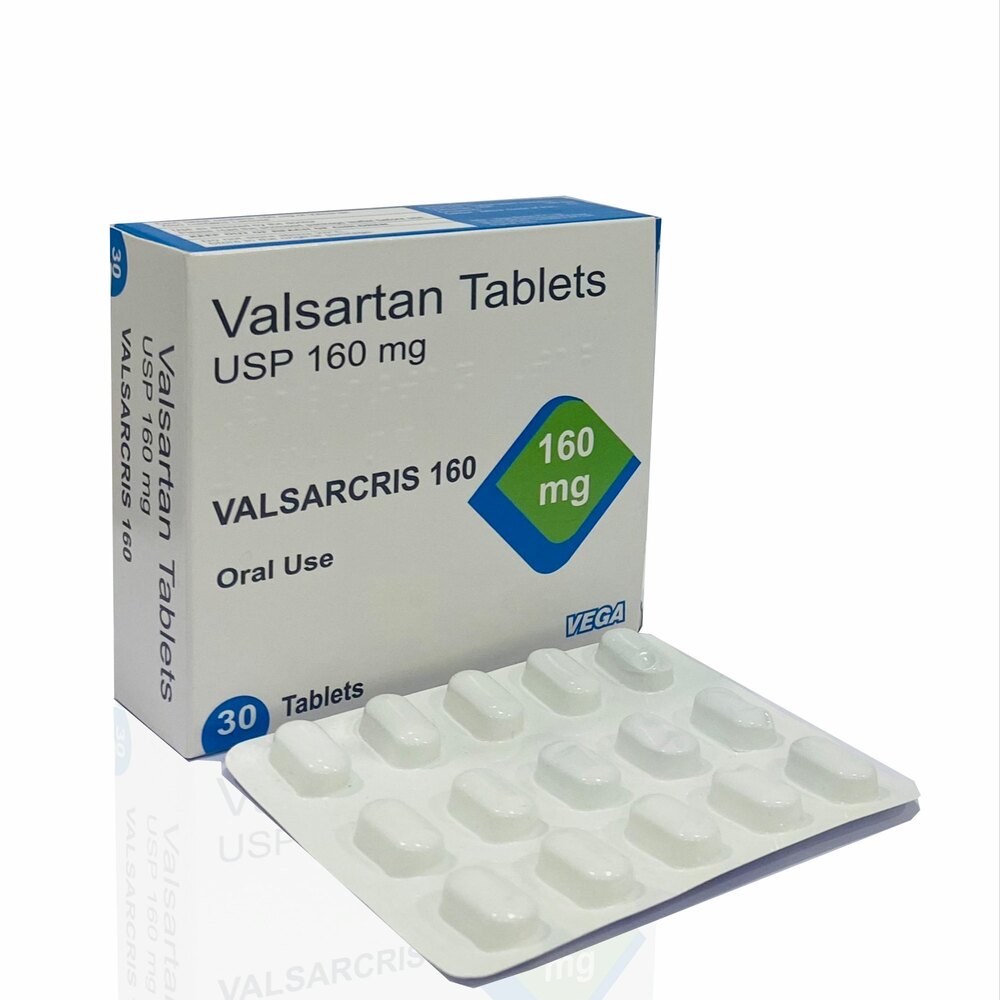

Price:
- 50
- 100
- 200
- 250
- 500
- 1000+
More Products in Skin Care Products Category
Coloplast Alterna 1 - Piece Opaque bag 17450
Price 200 INR / Piece
Minimum Order Quantity : 100 Pieces
Valsartan & Hydrochlorothiazide Tablets USP 160/12.5mg
Price 400 INR / Pack
Minimum Order Quantity : 100 Packs
 |
TABNCAP HEALTHCARE
All Rights Reserved.(Terms of Use) Developed and Managed by Infocom Network Private Limited. |


